Postpartum depression (PPD) can affect most new mothers within the three days after delivery and may last for up to two weeks. Treatment of postpartum depression can help mothers cope with difficult emotions and take better care of their baby and themselves.
Read In Details About Postpartum Depression Here
Importance Of PPD Treatment
According to research [mfn] Wisner, K. L., Sit, D. K., McShea, M. C., Rizzo, D. M., Zoretich, R. A., Hughes, C. L., Eng, H. F., Luther, J. F., Wisniewski, S. R., Costantino, M. L., Confer, A. L., Moses-Kolko, E. L., Famy, C. S., & Hanusa, B. H. (2013). Onset timing, thoughts of self-harm, and diagnoses in postpartum women with screen-positive depression findings. JAMA Psychiatry, 70(5), 490. https://doi.org/10.1001/jamapsychiatry.2013.87 [/mfn] , about 1 in 7 women are affected by PPD. Although the condition may have negative effects on both the mother and the baby, around 1 in 5 women [mfn]Prevatt, B., & Desmarais, S. L. (2017). Facilitators and barriers to disclosure of postpartum mood disorder symptoms to a healthcare provider. Maternal and Child Health Journal, 22(1), 120-129. https://doi.org/10.1007/s10995-017-2361-5 [/mfn] refuse to seek help and treatment for their condition.
Postpartum depression is a severe and intense condition and may last for years after childbirth if left untreated. A 2010 study [mfn] Fitelson, E., Kim, S., Baker, A. S., & Leight, K. (2010). Treatment of postpartum depression: clinical, psychological and pharmacological options. International journal of women’s health, 3, 1–14. https://doi.org/10.2147/IJWH.S6938 [/mfn] found that when left untreated, maternal depression can lead to a number of different problems related to the bond between the mother and infant as well as the development of the child.
According to a 2018 study [mfn] O’Hara, M. W., & Engeldinger, J. (2018). Treatment of Postpartum Depression: Recommendations for the Clinician. Clinical obstetrics and gynecology, 61(3), 604–614. https://doi.org/10.1097/GRF.0000000000000353 [/mfn], carefully assessing the risk factors and looking out for depressive symptoms during pregnancy and the postnatal period will lead to better outcomes for women and their families.
How To Treat Postpartum Depression?
If you or a loved one notice symptoms of PPD, you should immediately seek professional help. There are several ways to treat PPD, including psychotherapy and medication, or a combination of both. However, treatment may vary depending on the patient and the severity of the condition. Moreover, lifestyle changes and support from family & friends are also important for successful treatment and recovery.
Types of Treatment
Here are some of the most effective options available for the treatment of postpartum depression:
1. Psychotherapy
A mental health professional, such as a psychologist, therapist, etc. can provide therapy and counselling. Therapy helps you recognize your negative thoughts, develop new strategies to cope with depression, and change the way you think and respond to situations.
Some of the most common types of therapies used for the treatment of postpartum depression are as follows:
A. Interpersonal Psychotherapy (IPT)
An evidence-based therapy technique, IPT is considered by some to be the best way to treat postpartum depression. As interpersonal experiences and life events greatly influence our thoughts, moods and behavior, IPT helps focus on developing communication skills, setting realistic expectations and developing social support networks for better interpersonal relationships. It also empowers the patients to better deal with various issues adding to their depression.
According to a 2012 study [mfn] Stuart S. (2012). Interpersonal psychotherapy for postpartum depression. Clinical psychology & psychotherapy, 19(2), 134–140. https://doi.org/10.1002/cpp.1778 [/mfn], interpersonal psychotherapy is the most validated and first treatment in line for postpartum depression, especially in breastfeeding women.
B. Cognitive Behavioral Therapy (CBT)
CBT is a form of psychotherapy that can be especially effective in helping people who are struggling with anxiety and depression. It enables depressed patients to change distorted patterns of negative thoughts and behaviors and learn new ways to cope with and reduce stress.
Read More About Cognitive Behavioral Therapy Here
Research [mfn] Fitelson, E., Kim, S., Baker, A. S., & Leight, K. (2010). Treatment of postpartum depression: clinical, psychological and pharmacological options. International journal of women’s health, 3, 1–14. https://doi.org/10.2147/IJWH.S6938 [/mfn] shows that cognitive behavioral therapy (CBT) can significantly help as a successful option for the treatment of postpartum depression. However, for people with severe PPD, a combination of CBT and medication can yield the best results.
C. Metacognitive Therapy
Metacognition basically means thinking about your thoughts. Metacognitive therapy assumes that the underlying cause of both anxiety and depression lies in metacognition.
Researchers [mfn] Bevan, D., Wittkowski, A., & Wells, A. (2013). A multiple-baseline study of the effects associated with metacognitive therapy in postpartum depression. Journal of midwifery & women’s health, 58(1), 69–75. https://doi.org/10.1111/j.1542-2011.2012.00255.x [/mfn] have found metacognitive therapy to also be a useful treatment for postpartum depression.
Read More About Psychotherapy Here
2. Pharmacotherapy
Severe cases usually require medication prescribed by a doctor. Some methods of pharmacological treatment of postpartum depression include:
A. Antidepressants
According to a 2010 study [mfn] Lanza di Scalea, T., & Wisner, K. L. (2009). Antidepressant medication use during breastfeeding. Clinical obstetrics and gynecology, 52(3), 483–497. https://doi.org/10.1097/GRF.0b013e3181b52bd6 [/mfn], tricyclic antidepressants (TCAs), like Amoxapine, Nortriptyline etc., are usually safe for mothers who are breast-feeding. These medicines can also help with hopelessness, irritability, sleeplessness, etc. and improve the mother-child bond over time. However, it may take around 3-4 weeks for antidepressants to show results. Moreover, chemicals from antidepressants may be passed on to the breast milk and affect the child.
TCAs are usually not recommended for individuals with a history of severe depression, suicidal tendencies, epilepsy or heart disease. Thus, pregnant or breastfeeding women must consult their doctor before starting antidepressants so as to minimize the baby’s exposure to the medication and unnecessary side effects, according to NIMH [mfn] Berle, J. O., & Spigset, O. (2011). Antidepressant Use During Breastfeeding. Current women’s health reviews, 7(1), 28–34. https://doi.org/10.2174/157340411794474784 [/mfn].
Read More About Antidepressants Here
Selective serotonin reuptake inhibitors (SSRIs), like sertraline or paroxetine may be prescribed as an alternative to TCAs. Brexanolone may also be used for the treatment of postpartum depression in adult women. According to a report [mfn] Office. (2019). FDA approves first treatment for post-partum depression. U.S. Food and Drug Administration. https://www.fda.gov/news-events/press-announcements/fda-approves-first-treatment-post-partum-depression [/mfn], the Zulresso (brexanolone) injection is the first drug approved by the U.S. Food and Drug Administration (FDA), especially for the treatment of postpartum depression.
You should remember not to take or stop taking antidepressants without consulting your healthcare provider.
B. Hormone therapy
Hormone therapy involves the use of hormones such as progesterone and estrogen in treatment. Research [mfn] Fitelson, E., Kim, S., Baker, A. S., & Leight, K. (2010). Treatment of postpartum depression: clinical, psychological and pharmacological options. International journal of women’s health, 3, 1–14. https://doi.org/10.2147/IJWH.S6938 [/mfn] indicates that hormone therapy can also be helpful in the treatment of postpartum depression as maternal levels of estrogen & progesterone reduce dramatically during delivery, leading to the possible development of PPD in women.
One 2000 study [mfn] Bloch, M., Schmidt, P. J., Danaceau, M., Murphy, J., Nieman, L., & Rubinow, D. R. (2000). Effects of gonadal steroids in women with a history of postpartum depression. The American journal of psychiatry, 157(6), 924–930. https://doi.org/10.1176/appi.ajp.157.6.924 [/mfn] revealed that hormonal changes during childbirth can lead to mood-destabilizing symptoms, especially in women with a history of PPD. The researchers believe that hormone therapy as a preventative intervention or treatment can substantially help patients. However, hormonal interventions may include certain side effects, such as:
- Nausea & vomiting
- Breast pain or tenderness
- Changes in weight
- Risk of developing cancers
If the mother is at risk of harming the child or herself, then the doctor may recommend immediate hospitalization in a psychiatry ward.
3. Electroconvulsive therapy (ECT)
When other therapies or postpartum depression treatment options don’t prove effective due to the severity of the condition, the doctor may recommend ECT. It can be very effective in treating severe depression, but the benefits may not last for a long period of time.
One 2015 study [mfn] Gressier, F., Rotenberg, S., Cazas, O., & Hardy, P. (2015). Postpartum electroconvulsive therapy: a systematic review and case report. General hospital psychiatry, 37(4), 310–314. https://doi.org/10.1016/j.genhosppsych.2015.04.009 [/mfn] found that ECT, when combined with “joint mother-baby hospitalization,” can be a highly valuable treatment option for relieving maternal depressive symptoms and improving mother-infant relationships.
Another 2018 study [mfn] Rundgren, S., Brus, O., Båve, U., Landén, M., Lundberg, J., Nordanskog, P., & Nordenskjöld, A. (2018). Improvement of postpartum depression and psychosis after electroconvulsive therapy: A population-based study with a matched comparison group. Journal of affective disorders, 235, 258–264. https://doi.org/10.1016/j.jad.2018.04.043 [/mfn] found that electroconvulsive therapy can help to improve postpartum depression and postpartum psychosis.
Treatment of postpartum depression in men
As both parents can experience PPD, they should be equally encouraged to seek treatment. Similar to the treatment of PPD in women, fathers should also ask for professional help if they are experiencing the symptoms of this condition.
Depression in new fathers can be effectively treated with therapy or medication or by a combination of both. If both the mother and father are affected by postpartum depression, then family counseling or couples counseling can be helpful.
Moreover, the father can try to adopt certain lifestyle changes like exercising regularly, maintaining a nutritious diet, getting enough sleep, preparing for childcare, joining a support group, and spending some time alone or with friends.
Self-Care & Prevention Tips
The onset of PPD is preventable. The American College of Obstetricians and Gynecologists (ACOG [mfn] Postpartum Depression. (n.d.). Www.acog.org. Retrieved August 24, 2022, from https://www.acog.org/womens-health/faqs/postpartum-depression?utm_source=redirect&utm_medium=web&utm_campaign=int [/mfn]) suggests that if you have had depression at any point or are currently taking antidepressants, you must inform your ob-gyn (obstetrician-gynecologist) early in your prenatal care.
In fact, it is suggested that you let them know as soon as you are pregnant. This can help your healthcare provider to start the postpartum depression treatment process immediately after delivery to prevent aggravation.
In addition to professional treatment, certain lifestyle changes and home remedies can also help you prevent postpartum depression or recover faster, by supporting the treatment process.
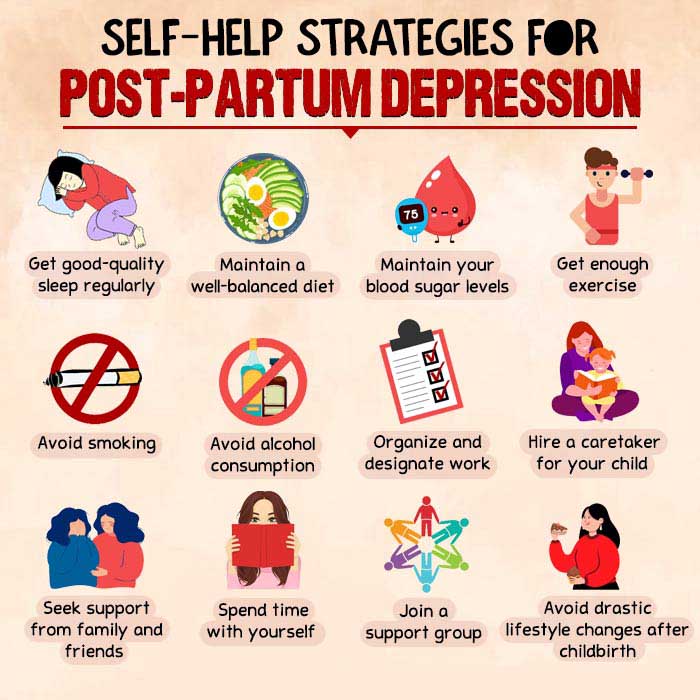
Here are some prevention tips and natural ways to treat postpartum depression:
- Get enough good-quality sleep regularly. Sleep whenever the infant is sleeping.
- Maintain a nutritious, healthy, and well-balanced diet.
- Eat habitually to maintain your blood sugar levels.
- Engage in any physical activity or regular exercise like walking with your baby.
- Avoid smoking and drinking alcohol.
- Try to organize and designate your work to reduce stress.
- Seek support from your partner, family, and social support groups.
- Spend some time alone in nature or go out with friends.
- Interact with other mothers or join a support group.
- Avoid any drastic life changes after childbirth that can cause unnecessary stress.
- Hire a caretaker for your child when you are feeling down.
How To Help Someone With PPD?
It is crucial that the partner, family, and friends realize that postpartum depression is a serious mental health condition that can not only affect the mother but also the child, the father, and the entire family.
Hence, partners, spouses, family members, and friends should learn to identify the symptoms of postpartum depression in new mothers. Moreover, they should also encourage the suffering person to seek and maintain treatment for postpartum depression under the supervision of a doctor.
Here are some helpful suggestions for partners, family, and friends to help someone affected by PPD:
1. Identify the symptoms
Partners and family members must educate themselves about PPD and learn to recognize the symptoms of anxiety and depression. If you can identify signs, then it is best to consult a healthcare provider as soon as possible.
2. Listen
As family and friends of a person suffering from postpartum depression, you should reassure them that you are there to listen to them. If the new mother is hesitant to speak, then the partner and others should encourage her to open up about her feelings.
3. Be supportive
Support from loved ones is very important when it comes to overcoming depression. You should let the affected person know that they are not alone. If possible, try to help with household chores or taking care of the baby. This is a vital aspect of postpartum depression treatment.
4. Encourage them to seek help
Although the patient may not be comfortable with consulting a doctor or may feel ashamed about their condition, family and friends must always motivate them and make them feel comfortable about talking to a healthcare provider. Moreover, you can also make an appointment and accompany them to the clinic.
Takeaway
If a person is affected by postpartum depression, it does not imply that the parent is uncaring or doesn’t love their child. This is a serious mental disorder and can be treated effectively with medication and therapy. If you or a loved one is experiencing a low mood for over two weeks after childbirth, then make sure you consult a doctor immediately for the right diagnosis and treatment of postpartum depression.
At A Glance
- Treatment of postpartum depression is quite important, else it may last for years and lead to other health complications.
- There are various existing options for the treatment of postpartum depression, both psychological and pharmacological.
- Interpersonal psychotherapy (IPT) and CBT are considered quite effective therapy for postpartum depression.
- Pharmacological treatment for postpartum depression usually involves tricyclic antidepressants, and SSRIs, among other things.
- Along with treatment, certain self-help strategies like maintaining a good diet, seeking support etc. can also help with the symptoms.
Frequently Asked Questions (FAQs)
1. What is the best way to treat postpartum depression?
Postpartum depression can be best treated with a combination of therapy and medication. Interpersonal psychotherapy (IPT) is considered to be the best and first in line treatment for postpartum depression.
2. How long does it take to recover from postpartum depression?
Postpartum depression can last from a few weeks to a year or more, depending on the severity of the symptoms, treatment and social support.
3. Is there a treatment of postpartum depression without medication?
Postpartum depression can be overcome with the help of therapy and self care such as maintaining a proper diet, exercising regularly, seeking support from loved ones, etc. However, more severe cases of postpartum depression usually require medication.
4. Can postpartum depression make you dizzy?
Postpartum depression can be accompanied by nausea and dizziness. Sometimes, medication used to treat postpartum depression may also cause you to feel dizzy.
5. What herbs help with postpartum depression?
Some vitamins such as omega 3 fatty acids contained in foods such as chia seeds and oily fish have been proven to help with postpartum depression. Chinese herbal medicine has also been recommended for this condition [mfn]Li, Y., Chen, Z., Yu, N., Yao, K., Che, Y., Xi, Y., & Zhai, S. (2016). Chinese Herbal Medicine for Postpartum Depression: A Systematic Review of Randomized Controlled Trials. Evidence-based complementary and alternative medicine : eCAM, 2016, 5284234. https://doi.org/10.1155/2016/5284234 [/mfn]
6. Does postpartum depression get worse with each child?
Not necessarily. Research [mfn] Schetter, C. D., Saxbe, D., Cheadle, A., & Guardino, C. (2016). Postpartum Depressive Symptoms Following Consecutive Pregnancies: Stability, Change, and Mechanisms. Clinical psychological science : a journal of the Association for Psychological Science, 4(5), 909–918. https://doi.org/10.1177/2167702616644894[/mfn] suggests that postpartum symptoms mostly stay stable across pregnancies, and may even reduce.
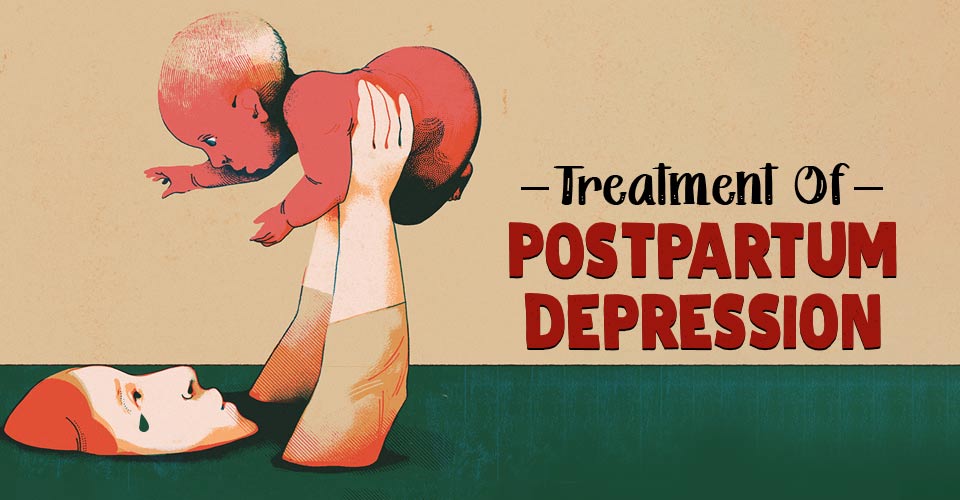
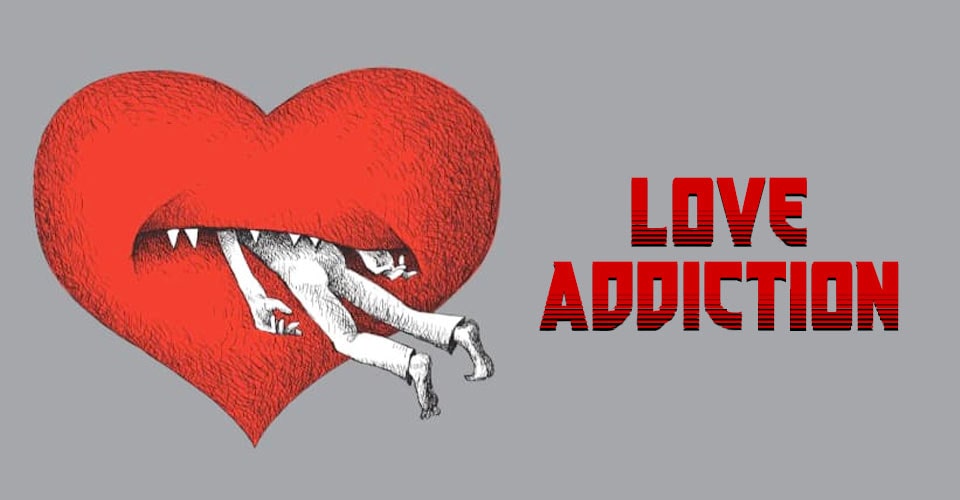
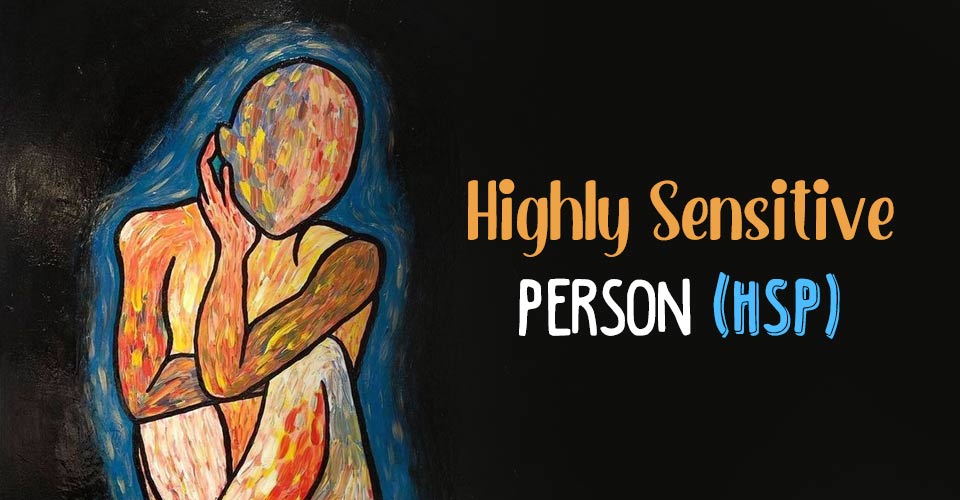

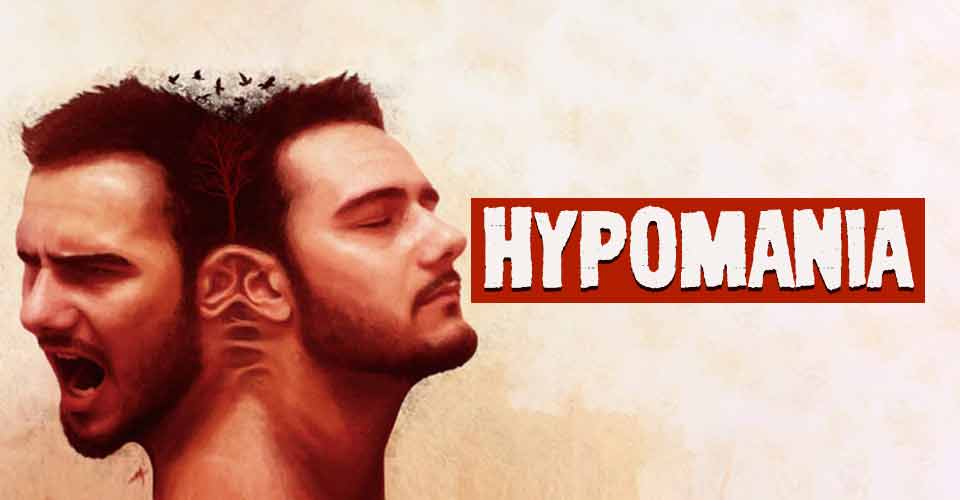



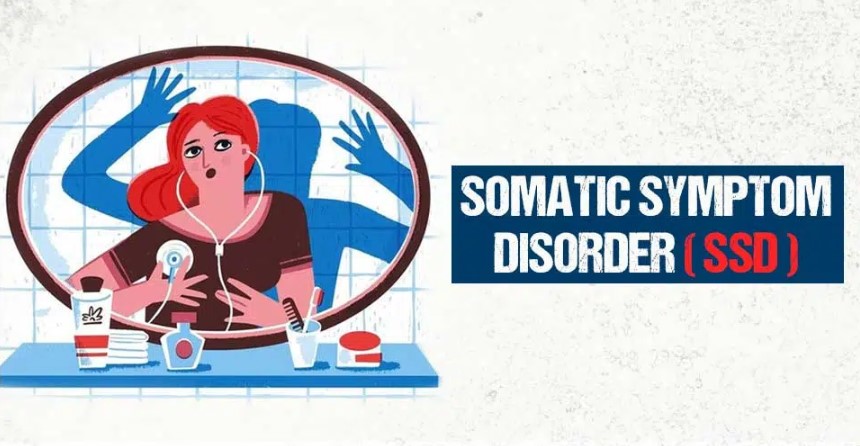

Leave a Reply